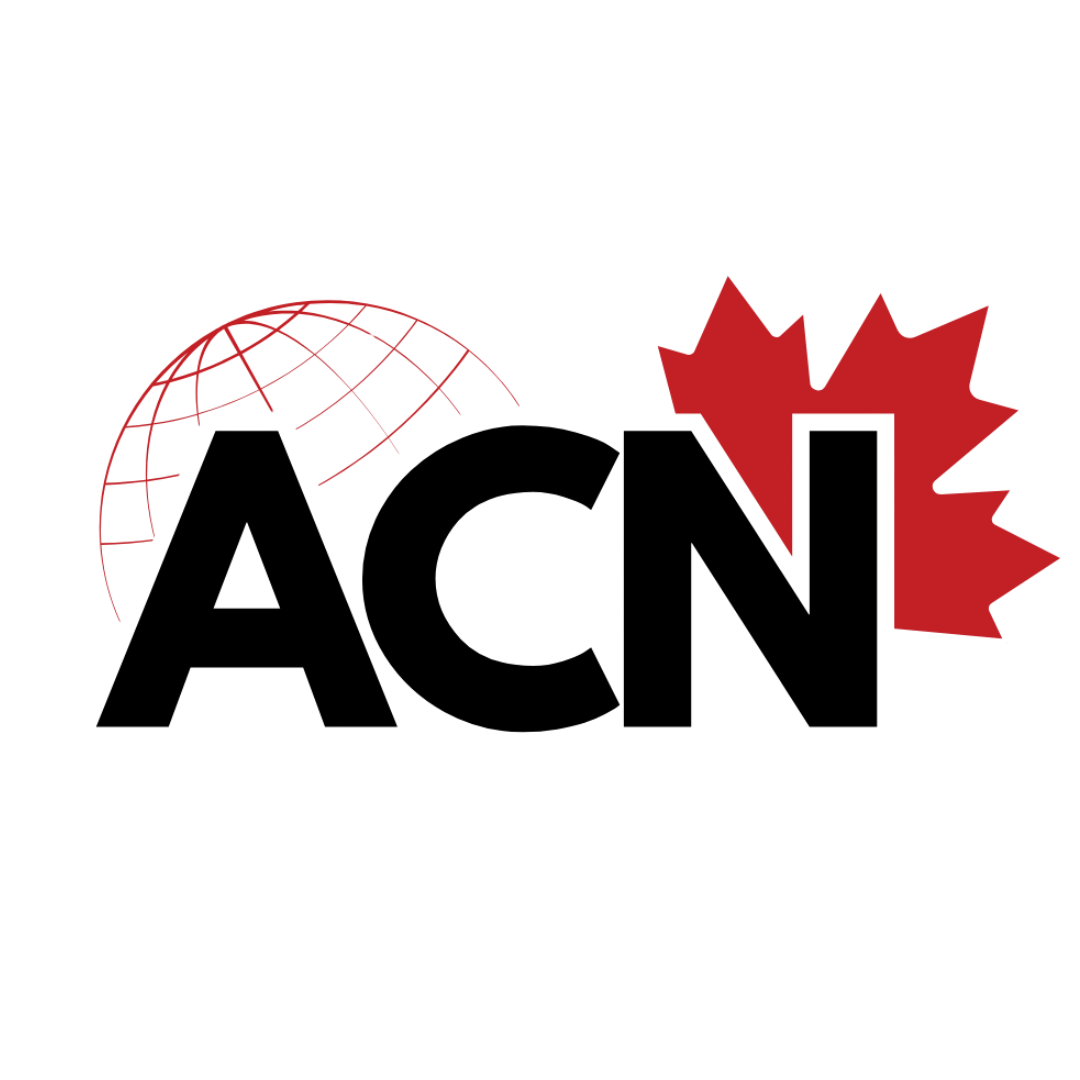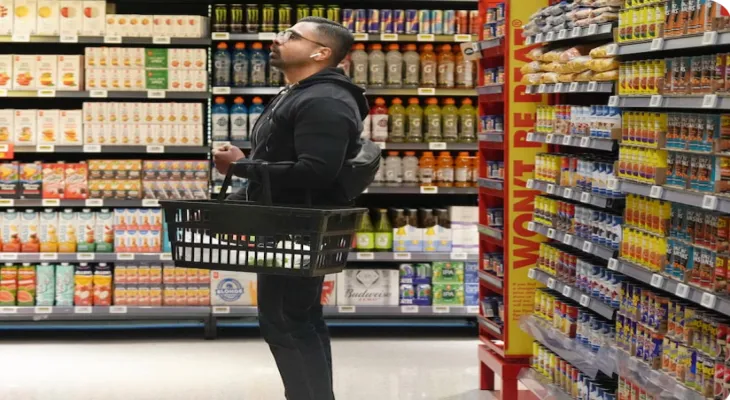Search here
Newspaper
Search here

Arab Canada News
News

Published: May 25, 2025
At a time when Canadian families are experiencing increasing pressure due to rising prices, the cost of living has become the most prominent issue in the federal elections of 2025, amidst intense competition among major parties to provide convincing solutions to the economic crisis that is affecting the daily lives of millions of citizens.
Rising Prices at the Heart of Campaigns
Recent polls indicate that the cost of living, not health or environmental issues, is the primary factor influencing voting decisions among wide segments of voters, particularly in the middle class and low-income groups, who are facing increasing difficulties in covering expenses for food, rent, fuel, and essential services.
Parties Compete to Present Economic Promises
• The Liberal Party is marketing its economic vision as “realistic and responsible,” referring to direct support programs for families and freezing some government fees as tools to alleviate pressures.
• The Conservatives, led by Pierre Poilievre, focus on tax cuts, abolishing the carbon tax, and restricting public spending, claiming that the Liberal government’s policies are the main reason for rising inflation.
• The New Democratic Party calls for increased spending on housing and social services, and imposing additional taxes on major corporations and banks to fund support programs.
• The Green Party, despite its traditional focus on the environment, has begun to present a socio-economic discourse, calling for a “just economic transition” that alleviates pressure on affected groups.
Voters: Many Promises, Missing Results
In a survey conducted by Leger, more than 60% of participants expressed their lack of confidence in any party’s ability to provide a real solution to the cost of living crisis, considering that the electoral discourse does not always reflect reality after voting.
In major cities such as Toronto, Montreal, and Vancouver, many residents indicated that they had to reduce their food purchases or delay plans to move or travel due to price inflation, rising interest rates, and frozen wages.
A Primarily Economic File
Experts believe that this election could be one of the most economically focused federal elections in decades, with a shift in voter behavior, as they now evaluate programs based on the direct impact on their wallets, rather than on party affiliations or ideological values.
It is expected that discussions will intensify in the coming weeks about how to balance controlling inflation, achieving growth, and providing real social protection without overburdening the public treasury.
Comments